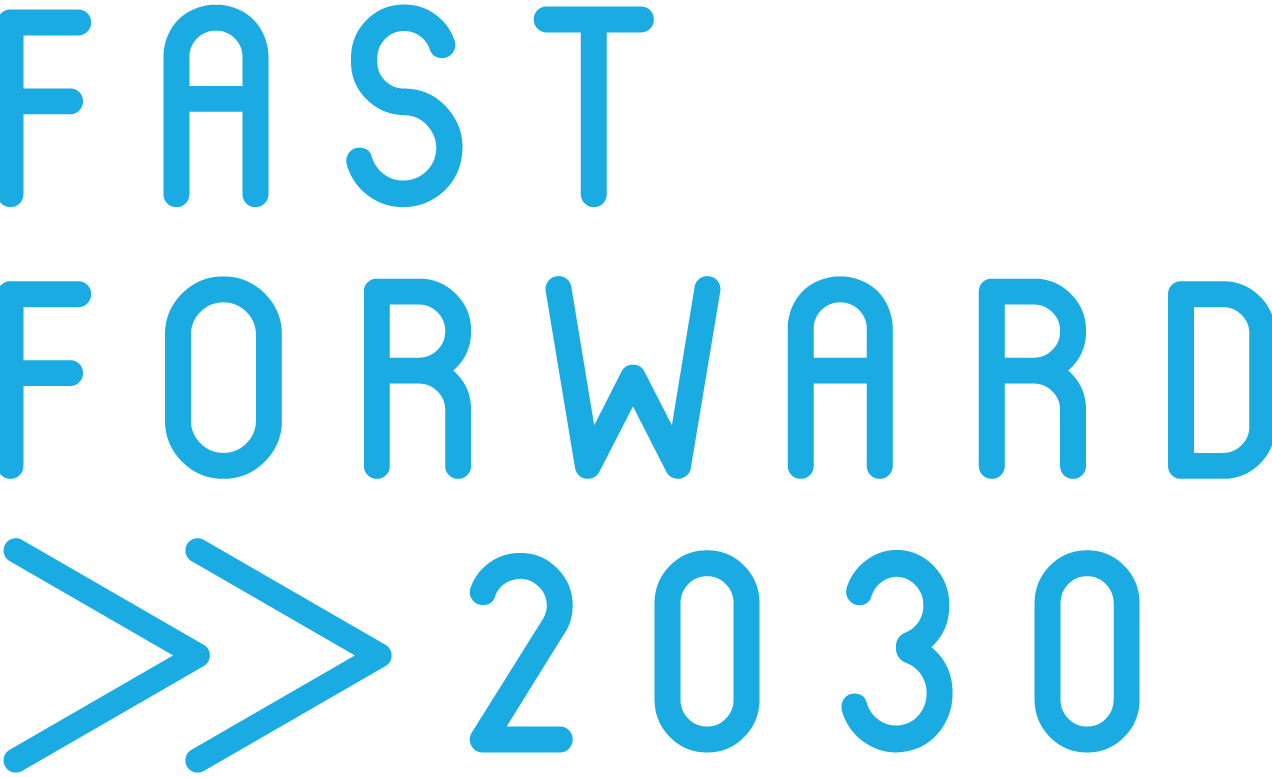Tumultuous Political Atmosphere: What Can New Economy Businesses Do?
If the last two years of politics have shown us anything, the desire for change is as high as it has been. To win over the hearts and minds of consumers, forward-thinking businesses need to take a leaf from the progressive resurgence and offer a bold, hopeful and attainable vision of the future.
Economic and political instability
In the early 20th century, the idea of free enterprise emerged on the back foot. Economic instability, the threat of communism, and a reinvigorated democracy in times of economic hardship all produced instability that threatened business leaders. Recognising the danger, they bound together and waged a battle of perceptions, fighting the growing opposition to capitalism and making a robust defence of the role of business in society.
The battle was won, and the USA experienced awe-inspiring growth in living standards during the 20th century. Now, trust in business and government is slipping, and political uncertainty once again threatens the status quo. New types of businesses should act together again and create a positive and hopeful vision for a prosperous future.
The surprising popularity of Bernie Sanders and Jeremy Corbyn shows a growing lack of faith in the status quo. People have less faith in traditional politics or business’s ability to deliver better lives. Today’s uncertainty is allowing people to imagine another way of being. With the right pitch, progressive businesses can capitalise on this.
In the Democratic Primary race, Bernie Sanders won huge majorities amongst youth. As for Corbyn, he won every age group below 44 years old. To dismiss this as a fad or the folly of youth would be to miss out on a huge opportunity. A whole new generation is highly politicised and looks at politics differently than previous generations. They are fed up with poor corporate practices. They’ve grown up with news of tax avoidance, inaction on climate change, lobbying stifling action on important issues, and the Panama Papers.
The desire of this generation
This generation wants "to be good to the planet and believes that collective action can make a difference." They want to know that their money is going to promising businesses that will play a part in building a more prosperous, sustainable world. These are New Economy businesses – the kinds of businesses building an economy that works better for people and the planet - and Fast Forward 2030 is a pioneer of this new approach.
People are hungry for change but don’t know how to act. A consumer movement for a more prosperous life is ready to be galvanised. So how can New Economy businesses reach out to this growing part of society? Obama went some way to answering this in a recent address to activists, saying:
"We need to find ways to speak to young people who are getting all their information off a phone and will not sit down and read a 50-page report. You may have two or five minutes to get your message across, and they may be more interested in a video than reading a text. You’ll need to create a strong, truthful, powerful message that leads them to action."
Attention spans are shortening, and people are moving away from traditional news sources. In the USA, only 9% of under-30s trust the media. On both sides of the Atlantic, newspaper readership is decreasing, and ‘New Media’ is filling its place. Initially much scorned, Momentum, an organisation of Labour activists, gained plaudits during the last general election with a series of short, entertaining videos on Facebook, viewed by a quarter of all UK Facebook users – almost 10 million people – as of June 9, 2017.
Hunger for change
Progressive, forward-thinking companies should fill the vacuum left by a lack of faith in the media. Funding creative, factual and hopeful content for the generation hungry for change, who get their news from their phones.
Advertising and the creativity of free enterprise captured the mindset of Americans and launched the country to unprecedented prosperity. Now, a new pitch from a new kind of business can offer a new product and a better tomorrow. The ideas are out there, and the hunger for change is, too. It’s down to smaller, agile businesses that believe they can have a positive impact to make that case.
